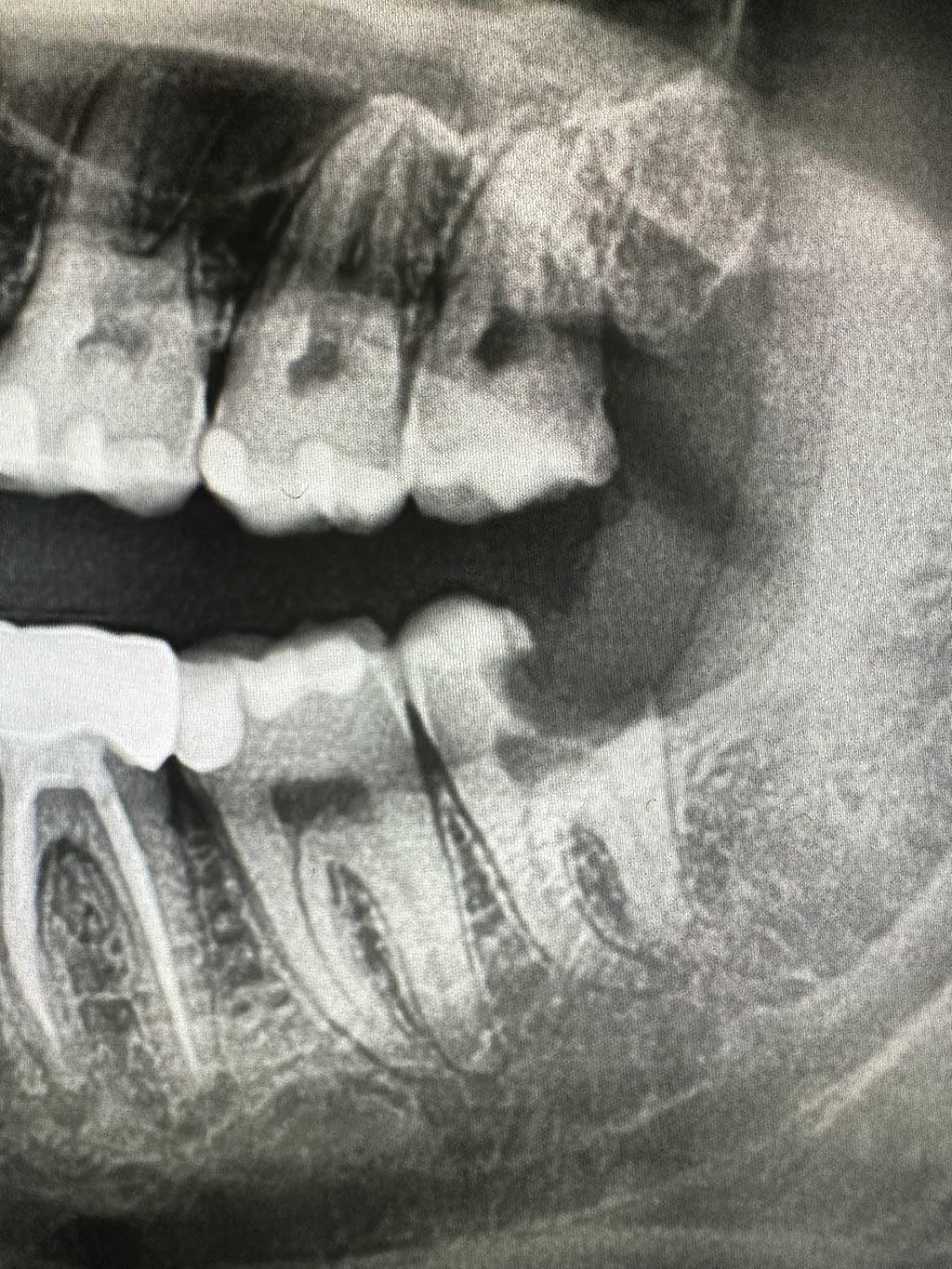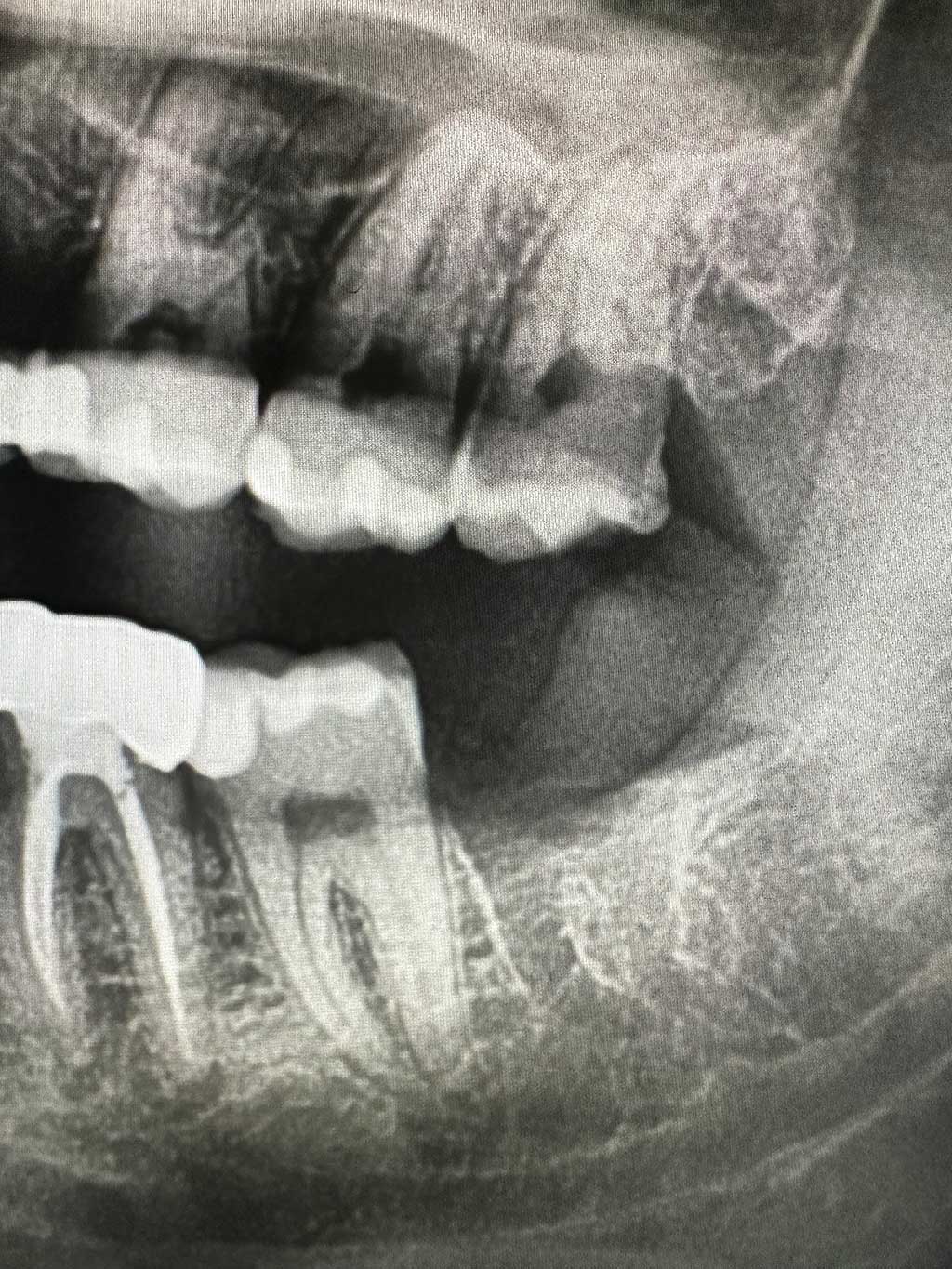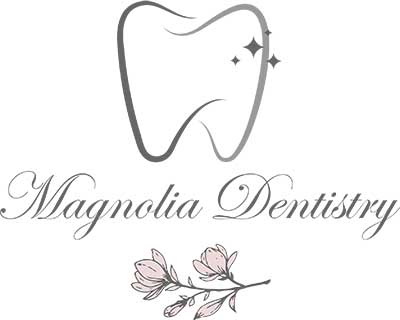Essential Guide to Wisdom Tooth Removal: Recovery Tips and What to Expect
Removing wisdom teeth is a common procedure, but it can still be an intimidating experience for many people. In this blog post, we’ll share our experience and insight into wisdom tooth removal, providing you with valuable information on what to expect, recovery tips, and potential complications. Whether you’re preparing for your own wisdom tooth extraction or supporting a loved one through the process, you’ll find helpful advice and guidance here. Also if you are in pain and would need emergency dentist please click on the link and check the other page.
Key Takeaways
- Understanding wisdom teeth and the risks associated with their removal is essential for deciding the best course of action.
- Regular consultation, diagnostic tools, and timely intervention are necessary to identify issues related to wisdom teeth.
- Post-operative care including a soft food diet, good oral hygiene and prescribed medications can ensure successful recovery following extraction. Understanding insurance coverage prior to procedure is important for managing costs.
Understanding Wisdom Teeth
Wisdom teeth, or third molars, typically emerge between the ages of 17 and 21, and sometimes they can become impacted due to lack of space in the mouth. Wisdom tooth extraction is often advised to avert problems such as infection or damage to neighboring teeth, and to stop the formation of an empty tooth socket. The benefits of removing wisdom teeth far outweigh the expense of the procedure, as it eliminates the potential for complications like tooth decay, gum disease, and damage to adjacent teeth.
While Wisdom Teeth removal is a common procedure, understanding the associated risks and complications is key. Some potential issues that may arise include impacted teeth, infection, or damage to neighboring structures in the mouth. It’s important to consult with a dentist or oral surgeon to determine the best course of action for your specific situation.
Impacted Wisdom Teeth
Frequent dental check-ups are integral for the detection of impacted wisdom teeth. These molars form beneath the surface of the gums and can be difficult to spot. These impacted teeth can lead to various complications, such as:
- infection
- cysts
- crowding
- damage to adjacent teeth
Overcrowding of the lower front teeth is the primary outcome of impacted wisdom teeth.
Cysts, fluid-filled sacs that form within the jaw bone due to impacted teeth, can gradually expand and cause destruction of the surrounding jaw bone and, in some cases, teeth. It is recommended to use antibiotics and antiseptic mouthwash as treatment for impacted wisdom teeth. Failing to treat wisdom teeth during teenage years may make it difficult to address cysts later in life.
Wisdom Teeth Eruption Timeline
Wisdom teeth usually erupt during late adolescence or early adulthood, but their growth pattern can vary among individuals. The stages of wisdom teeth eruption include partial eruption through the gums, sideways eruption, and impacted eruption (trapped beneath the gum line). Studies have demonstrated that males tend to experience the eruption of the third molars (wisdom teeth) earlier than females.
Experts recommend having wisdom teeth extracted between the ages of 18 and 21, as early removal can mitigate potential complications and enhance the healing process. Timely removal of wisdom teeth is crucial to avoid issues like overcrowding, infection, and damage to other teeth.
Consultation and Diagnosis
Consulting a dentist promptly upon experiencing dental problems related to wisdom teeth is paramount to circumvent potential complications and evaluate the need for extraction. Dentists use diagnostic tools like X-rays and oral examinations to determine the need for wisdom tooth extraction and to evaluate the position, size, and potential complications of wisdom teeth.
Regular dental checkups can help identify impacted wisdom teeth early on, allowing for timely intervention and treatment. Dentists employ a variety of diagnostic tools to evaluate the health and condition of wisdom teeth, such as clinical examination, panoramic X-rays, and 3D cone-beam computed tomography (CBCT).

When to See a Dentist
Keeping a keen eye on possible wisdom tooth problems is significant, as early detection and treatment can avert complications. Initial indications and manifestations of wisdom teeth problems include:
- inflamed or swollen gums
- sensitive or bleeding gums
- jaw pain
- swelling around the jaw
- bad breath
- an unpleasant taste in the mouth
If you experience any of these symptoms in your nearby teeth, consult a dentist as soon as possible.
Delaying consultation with a dentist regarding wisdom teeth issues may lead to potential consequences, such as:
- Nerve damage
- Dry socket
- Delayed healing
- Tooth decay and infection
- Cyst and tumor formation
Timely intervention can help prevent these complications and ensure a smoother healing process.
Diagnostic Tools
Dentists employ a variety of diagnostic instruments, including X-rays and 3D scans, to evaluate wisdom teeth. These tools provide a comprehensive image that assists dentists in determining the most suitable course of treatment. Dental X-rays, such as bitewing X-rays, periapical X-rays, and panoramic radiography, are employed to detect issues like decay, gum disease, and bone loss.
Panoramic radiography is particularly useful for diagnosing problems with wisdom teeth, jaw structure, and nasal cavity deviations. These diagnostic tools help dentists evaluate the position, size, and potential complications of wisdom teeth to determine the need for extraction.
The Wisdom Tooth Removal Procedure
Wisdom teeth removal is a surgical procedure, and a performed wisdom tooth removal involves a dentist or oral surgeon administering anesthesia and, in some cases, removing bone. The surgical procedure includes making an incision in the gum, removing any necessary bone, and extracting the tooth, which may be cut into smaller pieces if needed. Anesthesia is administered to ensure the patient’s comfort during the wisdom teeth removal process.
Following the dentist’s instructions and taking necessary precautions before and after the procedure, like avoiding tobacco and alcohol for at least eight hours before wisdom tooth extraction, is critical. Proper preparation and adherence to post-operative instructions can help ensure a smooth recovery and minimize potential complications.
Types of Anesthesia
Local, sedative, or general anesthesia may be used during wisdom tooth removal, depending on the patient’s needs and preferences. Anesthesia is administered to maximize the patient’s comfort during the procedure and to prevent pain and discomfort. It is important to inform your surgeon about any prescription or over-the-counter drugs, vitamins, or supplements you take prior to wisdom tooth removal to ensure the safe and effective administration of anesthesia.
General anesthesia is infrequently required and is only employed when deemed necessary, with the procedure conducted in a hospital setting. Complications resulting from general anesthesia during wisdom tooth removal are exceedingly rare, occurring in fewer than one in every 10,000 cases.
Surgical Procedure
The surgical procedure for wisdom tooth removal typically involves several steps:
- Administration of anesthesia to numb the teeth and gums
- Making incisions in the gum tissue to access the wisdom tooth
- Removing the tooth either as a whole or in pieces
- If necessary, removing any bone that covers the tooth
During the extraction, the oral surgeon will:
- Make an incision in the gum to expose the tooth
- Remove any bone covering the tooth to access and extract it
- Cut the tooth into smaller pieces if it is in a poor position or has other complications that make a straightforward extraction difficult
This minimizes the need for a larger incision and facilitates a smoother removal process.

Post-Operative Care and Recovery
Appropriate post-operative care and recovery are necessary to lessen pain, swelling, and complications after wisdom tooth extraction. Following your dentist’s instructions and taking appropriate precautions can help ensure a smooth recovery and prevent potential issues, such as infection, dry socket, and nerve damage.
Most individuals are able to return to their usual activities within one or two days after the extraction, and the extraction site typically takes up to six weeks to completely heal. During this time, it’s important to practice good oral hygiene, maintain a soft food diet, and take any prescribed medications to promote healing and prevent infection.
Managing Pain and Swelling
To manage pain and swelling after wisdom tooth extraction, over-the-counter pain medication, prescription pain medication, ice packs, and elevation of the head can be utilized. Common over-the-counter pain medications for recovery following wisdom tooth removal are Aleve (naproxen sodium), aspirin, and ibuprofen.
Ice packs can be applied to the jaw for 20 minutes, then removed for 20 minutes, and repeated for optimal relief. This cycle should be followed for the initial 24 hours after the extraction to help reduce swelling and promote healing.
Diet and Oral Hygiene
Maintaining a soft food diet and practicing good oral hygiene are crucial after wisdom tooth removal to promote healing and prevent infection. Soft foods, such as mashed potatoes, yogurt, and applesauce, can help ensure proper nutrition while minimizing discomfort and irritation at the extraction site.
Oral hygiene practices, including warm saltwater rinses and gentle brushing, should be followed. Rinsing with warm saltwater every 1-2 hours for a period of 10-14 days following the extraction can help keep the extraction site clean and prevent infection. Be cautious when brushing near the extraction site and use a soft-bristled toothbrush and nonabrasive toothpaste to avoid irritation.
Potential Complications and Risks
Though wisdom tooth extraction is a common procedure, it comes with potential complications and risks such as dry socket, infection, and nerve damage. Being aware of these risks and taking appropriate precautions before and after the procedure can help minimize the likelihood of complications.
If you experience any unusual symptoms like excessive bleeding, severe pain, or signs of infection, contacting your dentist or oral surgeon immediately for evaluation and appropriate treatment is necessary.
Dry Socket
Dry socket is a common complication of wisdom tooth removal, wherein a blood clot fails to develop in the tooth socket or becomes dislodged or disappears. This can result in an empty socket with intense pain and an unpleasant smell or taste.
To prevent dry socket, it’s important to:
- Avoid using straws
- Abstain from smoking and tobacco use
- Consume soft foods
- Refrain from spitting or rinsing the mouth vigorously for 24-48 hours following Tooth Extraction.
If you suspect you have developed a dry socket, it’s crucial to consult your dentist or oral surgeon immediately for evaluation and treatment. Early intervention can help alleviate pain and discomfort, prevent infection, and promote proper healing.
Infection and Nerve Damage
Infections and nerve damage can occur after wisdom tooth removal, causing pain, numbness, and tingling sensations. If you experience any of these symptoms, it’s important to contact your dentist or oral surgeon for evaluation and appropriate treatment.
Treatments for infection following wisdom tooth extraction may include:
- Antibiotics prescribed by a dental professional
- Warm saltwater rinses
- Pain relief medication
- Drainage of abscesses if necessary
Proper post-operative care and prompt intervention in case of complications can help minimize the risk of infection and nerve damage, ensuring a smoother recovery.
Wisdom Tooth Removal Costs and Insurance
The cost of wisdom tooth removal varies depending on factors such as the number of teeth, the type of anesthesia used, and the dentist or oral surgeon’s fees. It’s important to discuss any charges and payment methods with your dental office prior to the procedure to understand your out-of-pocket expenses.
Insurance coverage for wisdom tooth removal may also differ depending on the specific plan and the reason for extraction. Consult with your insurance provider and dental office to determine the extent of your coverage and any potential out-of-pocket costs associated with the procedure.
Factors Affecting Cost
The cost of wisdom tooth extraction is influenced by factors such as the complexity of the procedure, the type of anesthesia used, and the fees of the dentist or oral surgeon. For example, more experienced professionals may charge higher fees for their services, and the type of anesthesia used can also impact the overall cost.
Geographic location and cost of living can also affect the cost of wisdom tooth removal surgeries. It’s important to consider all these factors when planning for your wisdom tooth extraction and to consult with your dental office and insurance provider to understand the potential costs associated with the procedure.
Insurance Coverage
Dental insurance plans typically cover wisdom tooth removal when it is deemed medically necessary. However, the extent of coverage may differ depending on the insurance plan and the specific circumstances of the extraction.
Anesthesia costs for wisdom tooth removal may also be covered by insurance, depending on the specific plan and whether the procedure is deemed medically necessary. It is advised to contact your insurance provider to ascertain coverage for the procedure and to discuss any potential out-of-pocket expenses with your dental office.
Summary
Wisdom tooth removal is a common and often necessary procedure to prevent potential complications and improve oral health. By understanding the process, proper post-operative care, potential complications, and associated costs, you can better prepare for this procedure and ensure a smooth and successful recovery. Remember to consult with your dentist or oral surgeon if you have any concerns or experience unusual symptoms, and to follow their guidance for the best possible outcome.
